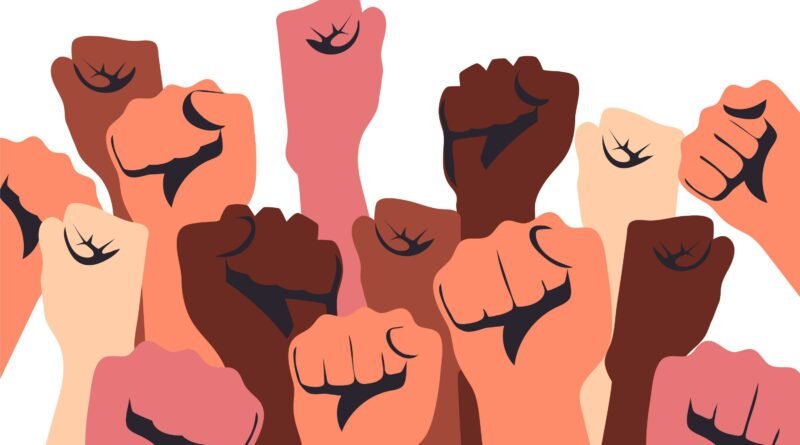From Theory to Action: Making Democracy Programs Actually Work
Understanding Democracy Programs in Theory
You’ve probably noticed that democracy seems to be struggling in a lot of places lately. The good news is that there are some practical things we can all do to strengthen democratic institutions and values. This article will take you from high-minded democratic theory down to the nitty-gritty of making democracy programs actually work. Drawing on research and real-world examples, we’ll look at how to design and implement initiatives that get results.
You’ll come away with specific, actionable steps for building a healthier democracy, whether you’re working inside or outside of government. So buckle up and get ready to move from talking about democracy to making it happen through effective programs and policies.
The time is now to breathe new life into the ideals we hold dear.
Putting Democracy Programs Into Practice
Democracy programs aim to establish and strengthen democratic practices and principles in developing nations and societies transitioning to democracy. The core goals are to empower citizens, support free and fair elections, strengthen government institutions, and promote human rights.
In theory, democracy programs should focus on grassroots participation and civic education. Educating citizens about their rights and responsibilities in a democracy is key. Programs often work with local organizations to spread awareness of democratic values and principles. They teach things like how to register to vote, how a bill becomes a law, how to engage in the political process, and how to hold elected officials accountable.
The programs also aim to strengthen democratic institutions like free press, independent judiciaries, and anti-corruption agencies. However, in practice, there are many challenges to overcome, including pushback from authoritarian governments, lack of resources and funding, and difficulties measuring impact. What works in one country may not work in another due to differences in culture, values, and political will.
While the goals are noble, democracy programs have had mixed results. With better planning, monitoring, and evaluation, implementers can develop more effective, targeted programs. They need to understand the political and social dynamics in each country to support homegrown, sustainable democratic reforms. With time and persistence, democracy programs have the potential to help more people around the world live in freedom and have a say in how they are governed.
Overcoming Obstacles to Implement Effective Democracy Programs
Build Local Partnerships
The most effective democracy programs are designed and implemented in partnership with local organizations. Local groups understand the political and cultural context, have established networks, and can help ensure programs resonate with citizens. Partnerships should be collaborative, with locals helping shape programs to fit their needs.
Focus on Concrete Reforms
Don’t aim for overnight transitions to liberal democracy. Work with partners to identify practical reforms that can build momentum, like transparency laws, civic education, or election monitoring. Start with small wins that people can see improving their lives. Celebrate these victories to keep citizens engaged for the long road ahead.
Empower Citizens
Teach citizens their rights and show them how to constructively engage with government. Civic education, activism training, and leadership programs can help citizens feel ownership over reforms. Create channels for people to directly shape programs and policy. Nothing is more compelling than citizens advocating for their own interests.
Adapt to Setbacks
Democracy building is not linear. There will be obstacles, opposition, and crises that threaten progress. Effective programs anticipate challenges and have strategies to adapt. Build in monitoring systems to detect problems early. And create spaces for partners and citizens to provide feedback so programs can be modified to better fit evolving realities.
Democracy is a constant work in progress. But by following these principles, forging genuine partnerships, and empowering citizens as agents of change, democracy programs can make the leap from theory to action. With time and persistence, these practical steps can culminate in lasting reforms.




